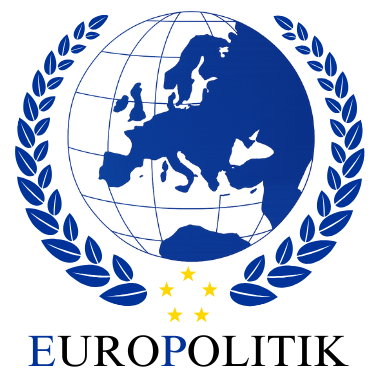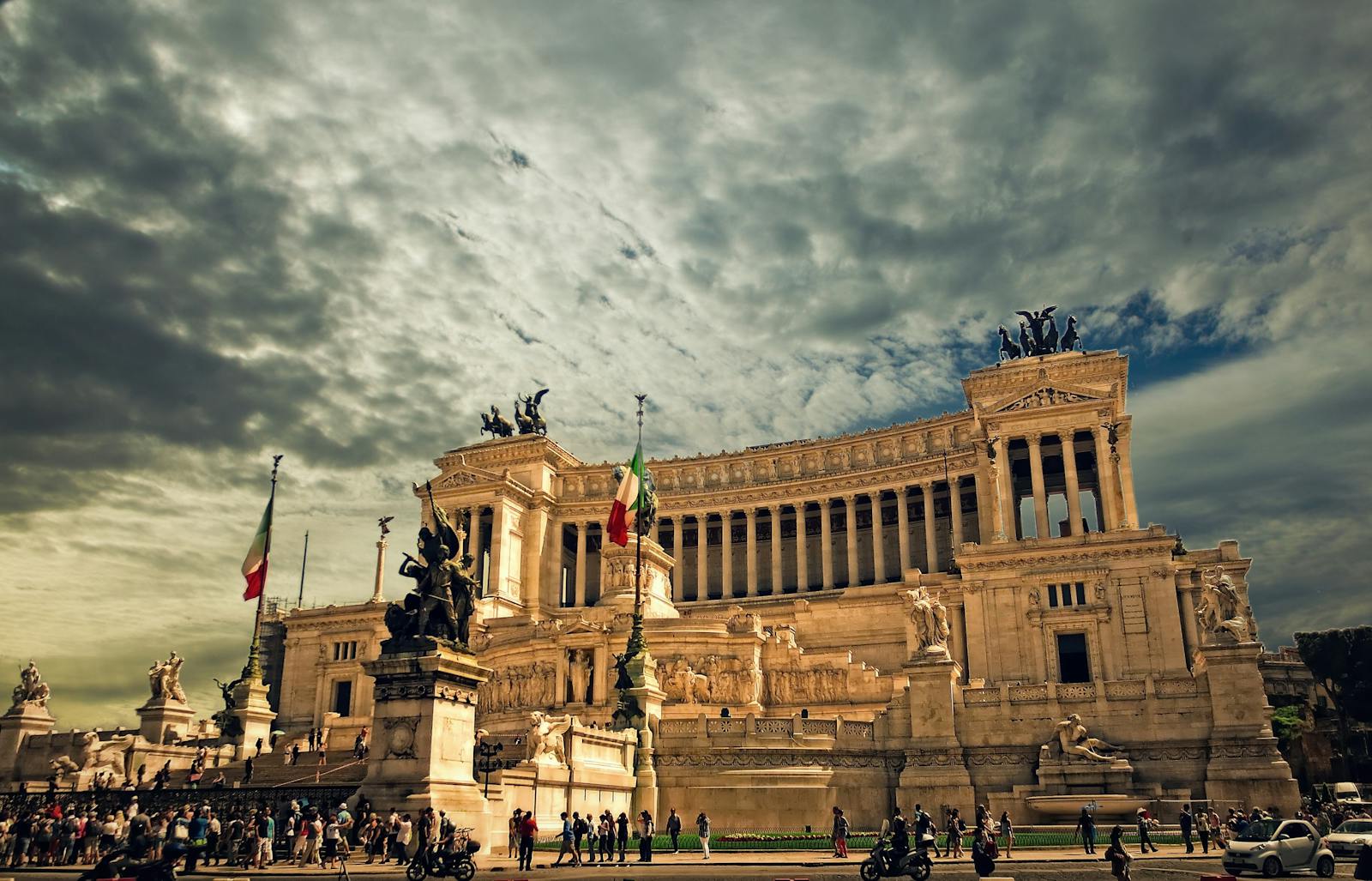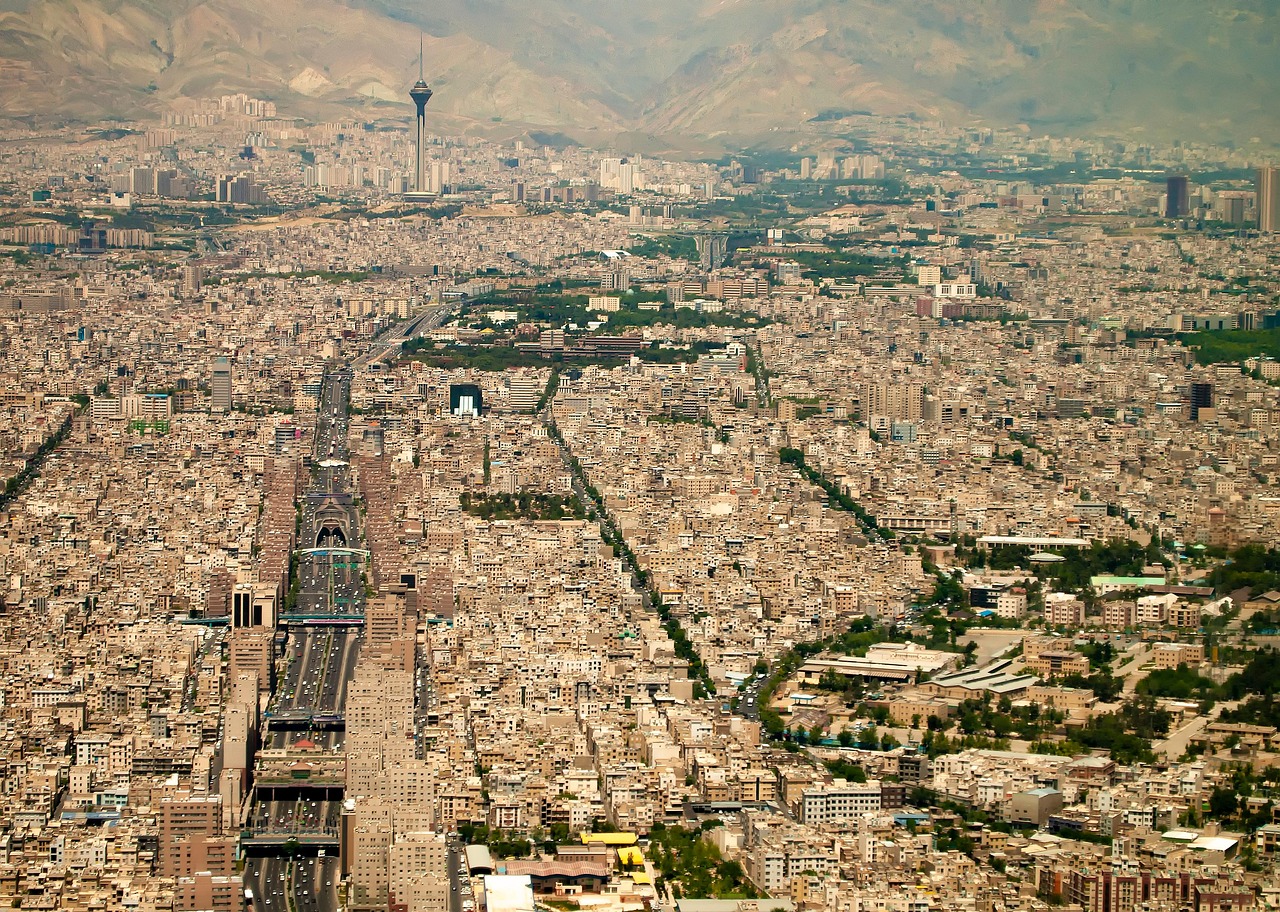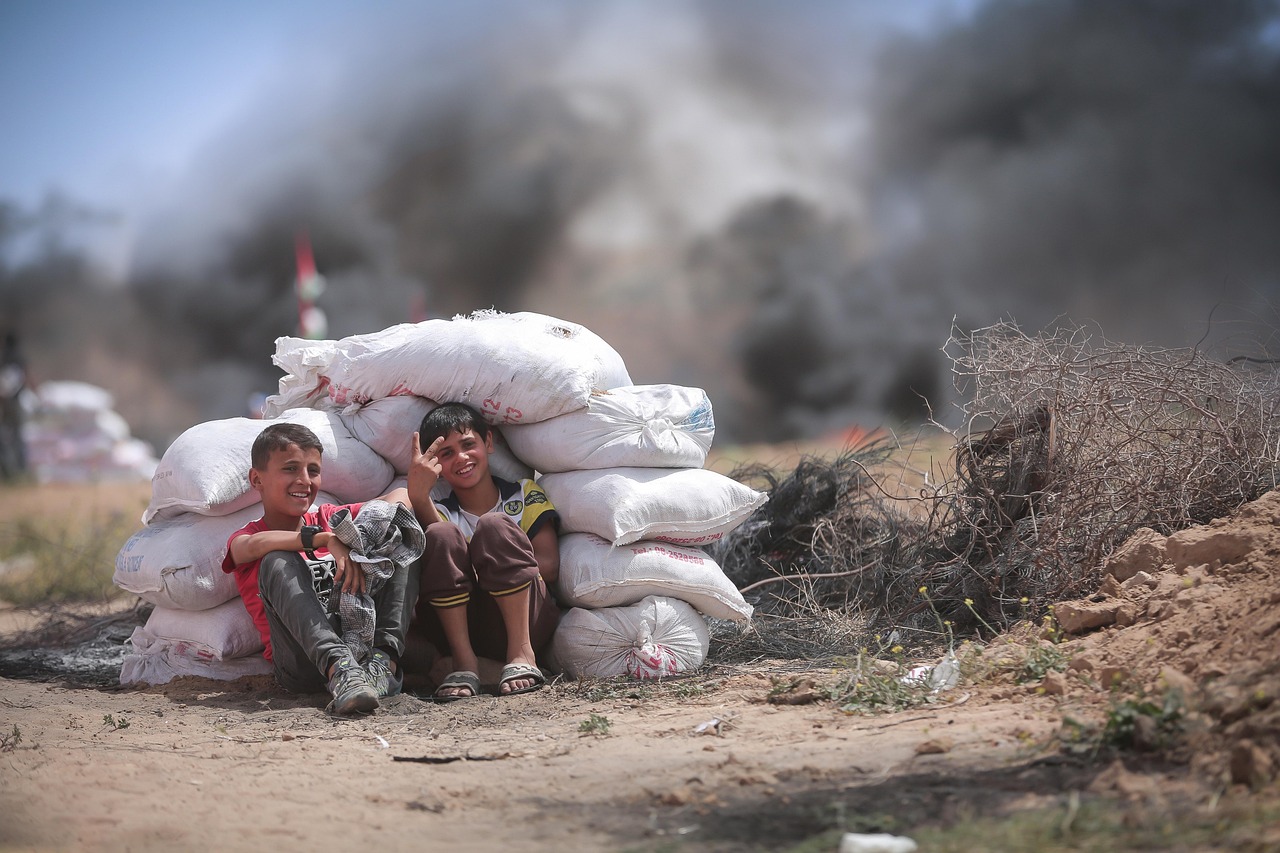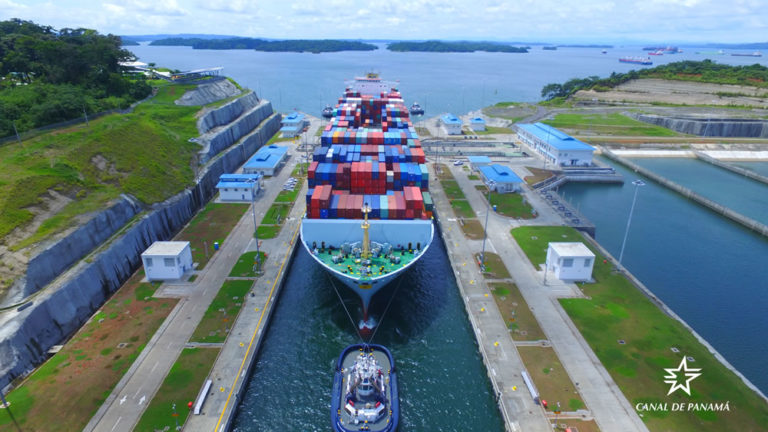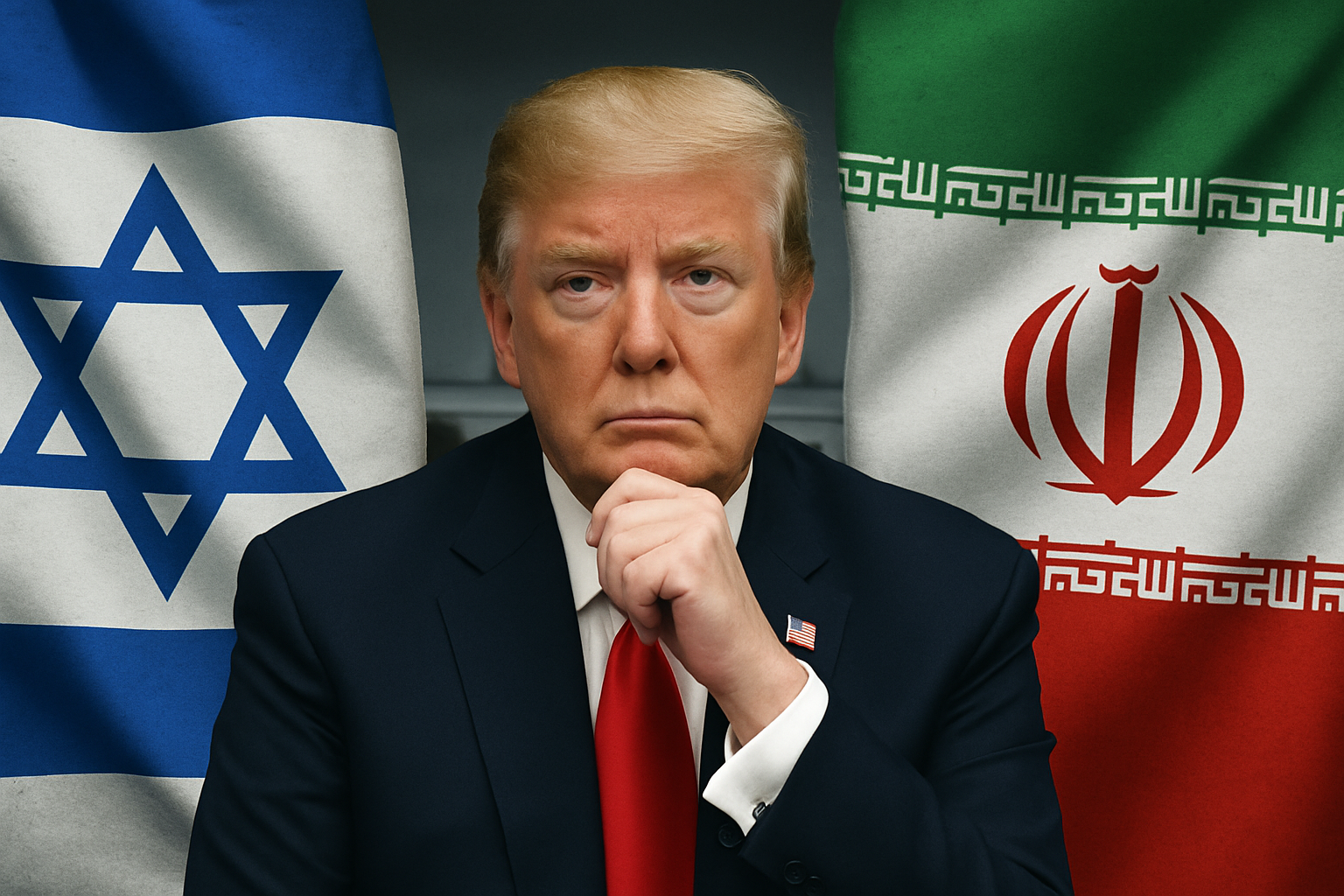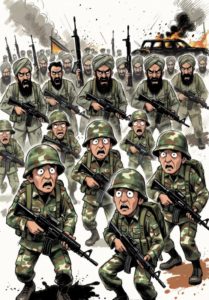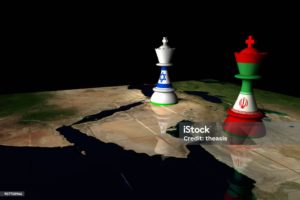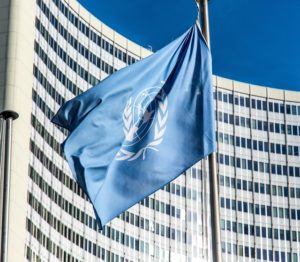For nearly five decades, the question of Western Sahara has been one of the deepest fractures in North Africa—a wound reopened by political manipulation, frozen diplomacy, and competing nationalist narratives. Since the 1970s, Morocco and Algeria have stood on opposite sides of a line that has divided not only their relationship but also the future of an entire region. With the adoption of the latest United Nations resolution, which reaffirms support for Morocco’s autonomy plan as a “serious and credible” basis for a political solution, the balance is shifting. The diplomatic winds are finally blowing in favor of Rabat.
A Long and Painful Rivalry with Algeria
The Moroccan-Algerian rivalry over Western Sahara is not merely territorial—it is ideological, historical, and geopolitical. Since 1975, following Spain’s withdrawal from its former colony, Algeria has positioned itself as the protector of the Polisario Front, providing it with military, financial, and political backing. What began as a question of decolonization quickly turned into a struggle for regional dominance: Morocco defending its territorial integrity and its vision of unity, and Algeria seeking to curtail its neighbor’s growing influence.
For years, the United Nations attempted to arbitrate this deadlock through referendums, resolutions, and mediation efforts that led nowhere. Meanwhile, Morocco continued to consolidate its presence on the ground, developing infrastructure, investing in the southern provinces, and integrating the region into its national development plans. Rabat’s strategy was simple but resolute: to demonstrate through facts that the Sahara is not an abstract claim, but an integral part of the Moroccan nation.
A Diplomatic Breakthrough Since the U.S. Recognition
The real turning point came in December 2020, when the United States officially recognized Morocco’s sovereignty over Western Sahara. This decision—historic and irreversible—altered the global diplomatic landscape. Since then, more than thirty countries have opened consulates in Laayoune and Dakhla, marking a tangible acknowledgment of Moroccan authority. Rabat has multiplied bilateral agreements and strengthened partnerships with African, Arab, and Western nations alike, while maintaining its consistent support for the UN-led political process.
The latest UN resolution, adopted in October 2025, confirms this new dynamic. For the first time, the Security Council’s language clearly favors Morocco’s autonomy initiative as the “most realistic and viable” path forward, while urging all parties—implicitly Algeria—to return to the negotiating table without preconditions. The balance of legitimacy has tipped decisively. Even traditionally cautious European states now recognize the pragmatism and stability offered by the Moroccan proposal compared to the ideological rigidity of the Polisario, whose influence and support continue to erode.
Toward a New Regional Order and Economic Horizon
This diplomatic victory opens a new chapter for Morocco—and for North Africa. If the political question begins to find its resolution, the economic and strategic dividends could be immense. The southern provinces have already become engines of growth, thanks to massive public investment in infrastructure, ports, renewable energy, and fisheries. The port of Dakhla Atlantique, currently under construction, is poised to become a major trade hub between Africa, Europe, and the Americas. For investors, the region represents not a zone of instability, but a gateway to a secure and dynamic Morocco—one of the few countries on the continent combining political stability, logistical efficiency, and ambitious economic planning.
Regionally, this shift could also redefine power balances. A stable, assertive, and internationally recognized Morocco strengthens the prospects for integration across North and West Africa, particularly through the Atlantic Initiative proposed by King Mohammed VI, linking African economies to global maritime trade routes. In contrast, Algeria’s isolation—political, economic, and ideological—is likely to deepen as Rabat consolidates its partnerships with the Gulf, Europe, and Washington.
Morocco’s Moment of Credibility
The UN’s latest resolution does not merely validate Morocco’s diplomatic patience—it vindicates a vision. For years, Rabat has insisted that the solution to the Sahara issue must be political, realistic, and grounded in compromise. The international community now seems to agree. The autonomy plan under Moroccan sovereignty is no longer an option among others; it is the cornerstone of a new consensus.
Beyond borders and rivalries, this moment represents a broader acknowledgment: Morocco has become a pillar of stability and modernity in an increasingly unstable Maghreb. The world is taking note, and investors are following suit. The Sahara, long perceived as a zone of contention, is gradually emerging as a horizon of opportunity—a testament to what can be achieved when diplomacy is guided by vision, persistence, and confidence in the future.
In the end, Morocco’s victory is not just territorial—it is moral, strategic, and economic. It reaffirms that in a region too often dominated by suspicion and stagnation, constructive realism can still prevail over ideological rigidity. The United Nations, at long last, has caught up with reality on the ground. And that reality has a name: the Kingdom of Morocco.
